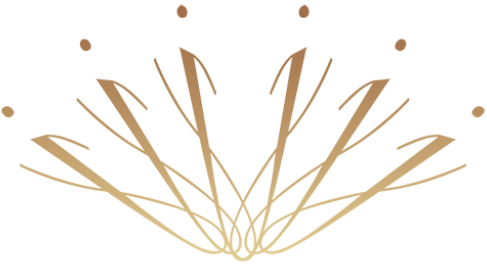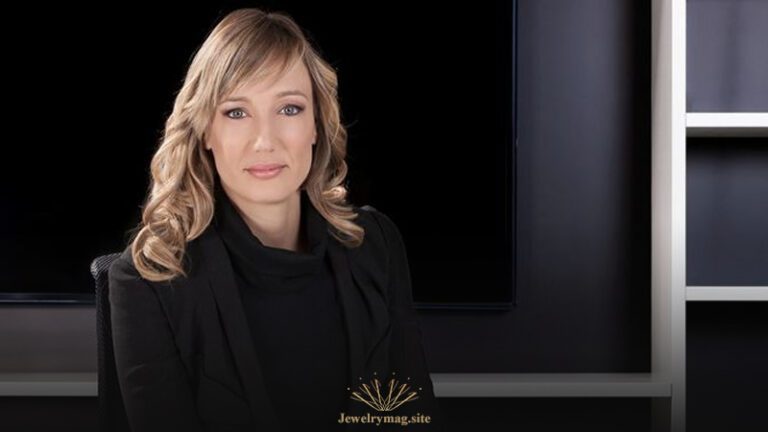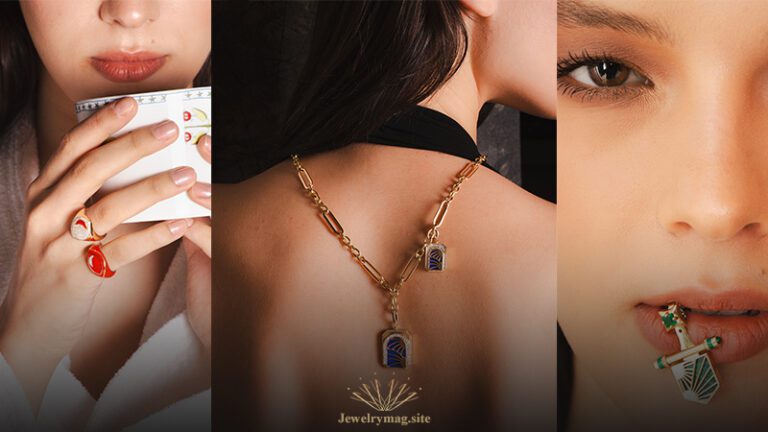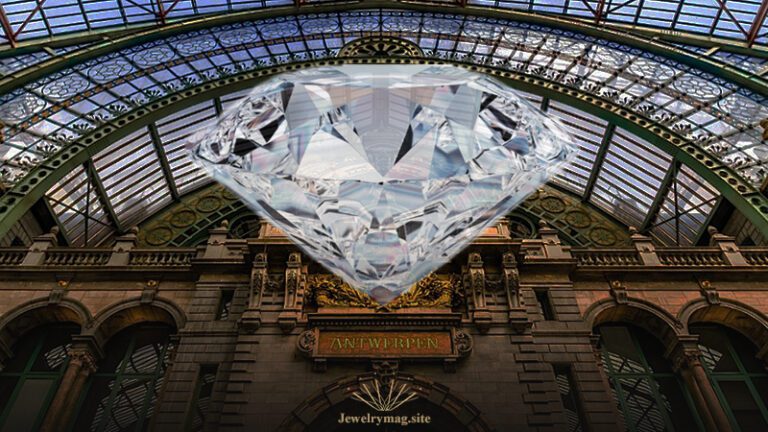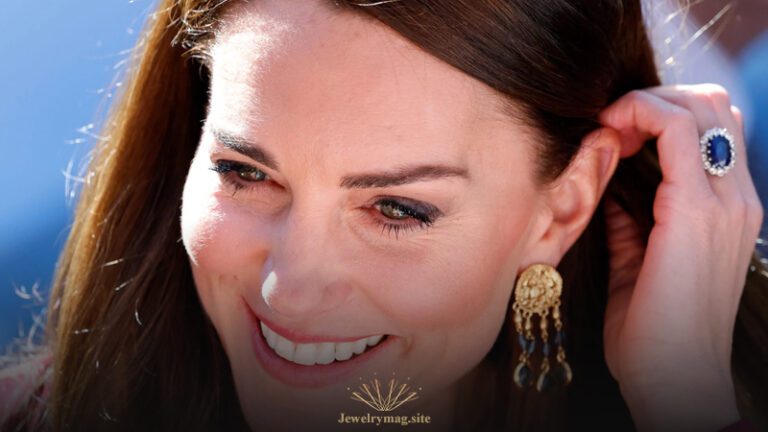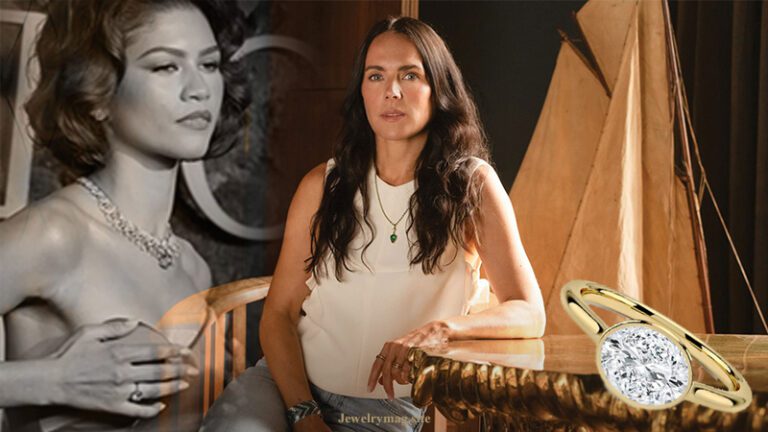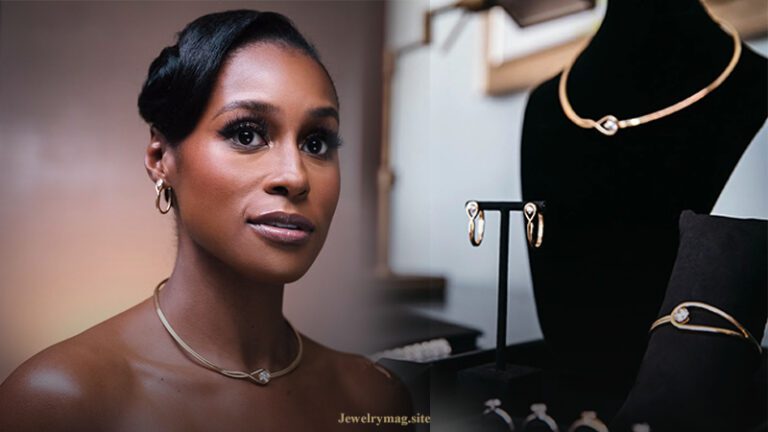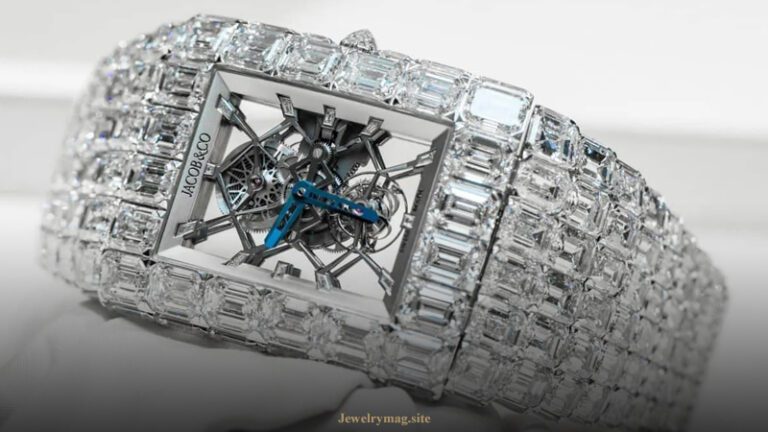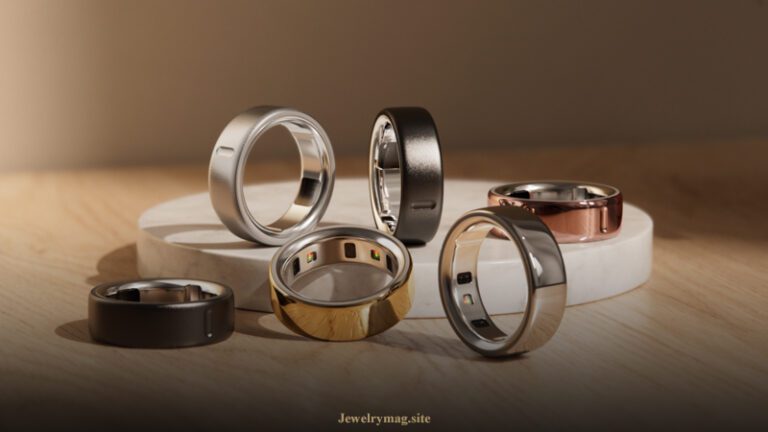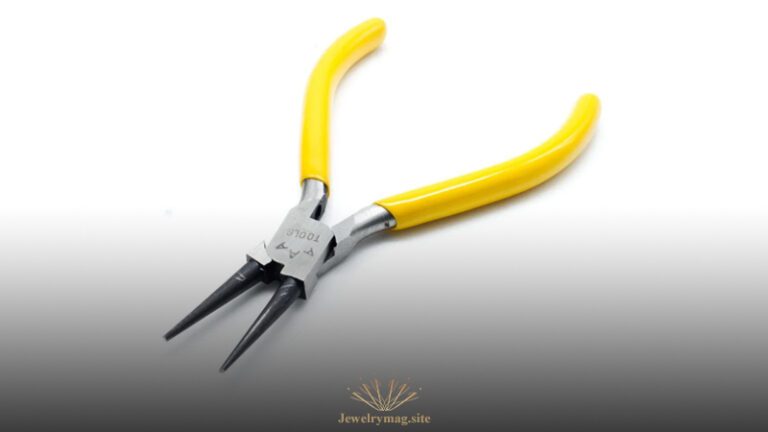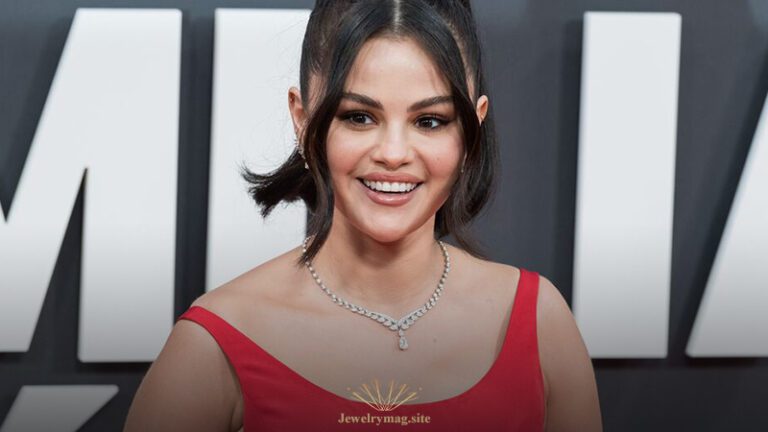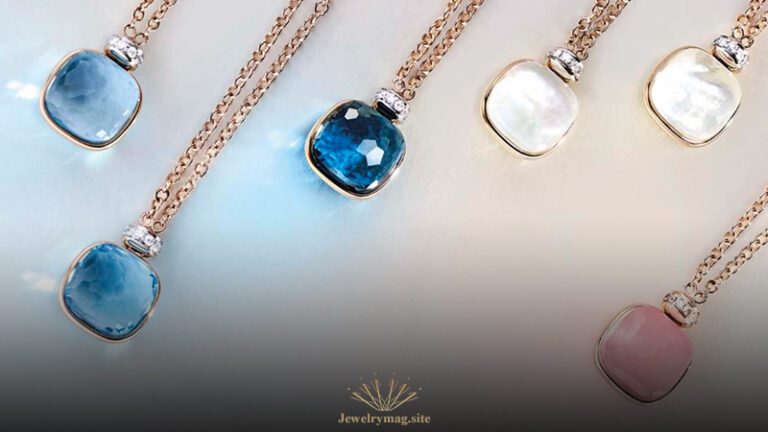Laura Burdese is making significant progress within LVMH, particularly at Bulgari. Since joining the jeweler in January 2022 as Vice President of Marketing and Communications, the Italian executive has been elevated to the role of Deputy Managing Director, effective September 1, 2024. In this newly established position, she will work closely with CEO Jean-Christophe Babin.
In her new position, Laura Burdese will “oversee the jewelry, watches, fragrances, and leather goods divisions while continuing to lead marketing and communications,” Bulgari announced in a statement. The company highlighted that since joining, Burdese “has effectively developed and implemented the One Brand Elevation strategy, enhancing brand desirability through a revitalized 360° brand experience and strengthening the coherence of messaging, communications, and event initiatives.”
Jean-Christophe Babin commented, “Laura has been instrumental in elevating the brand over the past two years, showcasing strong business and product expertise along with exceptional creativity. I am confident she will continue to build on these strengths in her new role, advancing our goal to become the most desirable luxury experience.”
Originally from Turin, the fifty-year-old Burdese has over two decades of experience in the beauty, watch, jewelry, and luxury sectors. She holds a degree in international economics and a master’s in marketing from the University of Trieste. Burdese began her career in the beauty industry, leading various brands at Beiersdorf and L’Oréal.
In 1999, she joined the Swatch Group, where she held increasingly senior roles over 18 years. She started as marketing director for Italy and was named brand manager for Calvin Klein Watches and Jewelry in 2001, later becoming country manager for Swatch Group’s Italian subsidiary in 2006. In 2012, alongside these responsibilities, she also became CEO of Calvin Klein Watches & Jewelry Co. Ltd., a joint venture between Swatch Group and the American fashion brand.
In October 2016, Burdese joined LVMH as CEO of the Italian perfume house Acqua di Parma, where she supported the brand’s growth and enhanced its visibility. She managed the company’s response to the Covid-19 crisis by significantly reorganizing its processes. In 2022, she transitioned to Bulgari, handing over the leadership of Acqua di Parma to Giulio Bergamaschi.
This appointment comes amid a restructuring of LVMH’s watch division, led by Frédéric Arnault since January. This reshuffle also saw Antoine Pin appointed as head of TAG Heuer and Julien Tornare taking over as CEO of Hublot, following Ricardo Guadalupe’s appointment as honorary president of the brand.
More about LVMH company
LVMH Moët Hennessy Louis Vuitton, commonly known as LVMH, is a French multinational conglomerate that specializes in luxury goods. Founded in 1987 through the merger of fashion house Louis Vuitton and wines & spirits company Moët Hennessy, LVMH has grown into the world’s largest luxury goods conglomerate, encompassing a diverse portfolio of over 75 prestigious brands.
Portfolio and Brands
LVMH’s portfolio spans a wide range of sectors within the luxury industry, including fashion and leather goods, wines and spirits, perfumes and cosmetics, watches and jewelry, and selective retailing. Some of the most iconic and influential brands under LVMH include Louis Vuitton, Dior, Fendi, Givenchy, Bulgari, TAG Heuer, Sephora, and Dom Pérignon. These brands are leaders in their respective fields, known for their heritage, craftsmanship, and innovative designs.
Global Presence
With a global network of over 5,000 stores and operations in more than 70 countries, LVMH has a significant presence in both established and emerging markets. The company’s expansive distribution network includes flagship stores, boutiques, and a robust online presence, making its luxury products accessible to a broad audience.
Innovation and Craftsmanship
LVMH places a strong emphasis on craftsmanship, quality, and innovation. The company invests heavily in the creative development of its brands, maintaining a balance between preserving traditional skills and embracing new technologies. This approach ensures that each brand retains its unique identity while staying relevant in a rapidly evolving market.
Corporate Social Responsibility
LVMH is committed to sustainable practices and corporate social responsibility. The company has launched several initiatives aimed at reducing its environmental impact, including responsible sourcing, sustainable product design, and carbon footprint reduction. Additionally, LVMH supports a range of cultural and artistic projects, furthering its engagement with the communities it operates in.
Leadership and Strategy
LVMH is led by Chairman and CEO Bernard Arnault, one of the most influential figures in the luxury industry. Under his leadership, the company has pursued a strategy of acquiring heritage brands with growth potential and nurturing them to become global leaders. This strategy has been key to LVMH’s success and its ability to dominate the luxury goods market.
Financial Performance
As a publicly traded company, LVMH has consistently demonstrated strong financial performance, often outpacing the broader luxury market. The company’s success is driven by its strong brand portfolio, strategic acquisitions, and the ability to tap into new consumer trends and emerging markets.
LVMH stands as a beacon of luxury and elegance, setting industry standards with its commitment to quality, creativity, and innovation. The company’s diverse brand portfolio, strategic vision, and dedication to excellence have solidified its position as a leader in the global luxury market.
